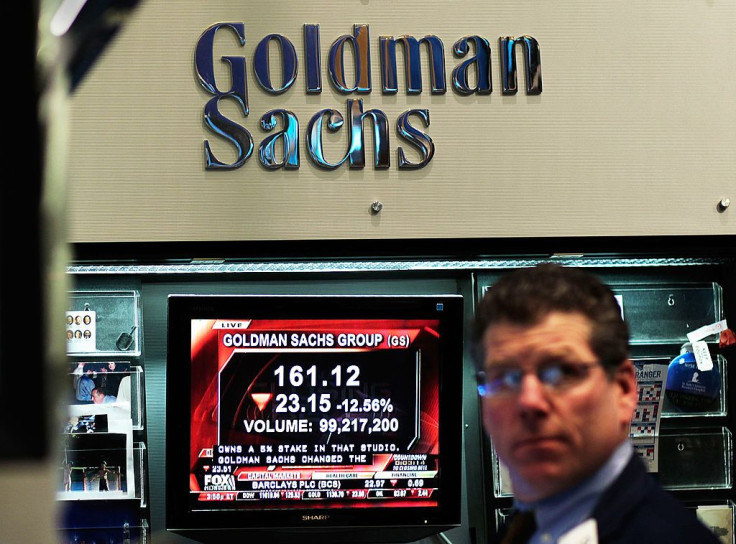Is The Bull Market Over? Goldman Sachs Says Both Real And Financial Economies Stressed

KEY POINTS
- The coronavirus outbreak, this year's black swan event, has infected the 11-year-old bull market, bringing it to an end
- Goldman Sachs predicted no earnings growth for U.S. companies this year
- The S&P 500 could recover by the end of the year, rising 11% above current levels
Goldman Sachs on Wednesday said the 11-year-old bull run on Wall Street is at an end and predicted a 12% drop in corporate earnings in each of the next two quarters. It’s also possible a new bull run will develop by the end of the year.
In a note to clients, Goldman chief strategist David Kostin said profits will collapse as coronavirus infections grow and oil prices plunge. Kostin said he expects stocks to slump 28% from their February record, with the Dow Jones Industrial Average giving up 2,450 points by the middle of the year.
“After 11 years, 13% annualized earnings growth and 16% annualized trough-to-peak appreciation, we believe the S&P 500 bull market will soon end,” Kostin wrote. “Investors have cut their equity positions in recent weeks, but not to levels reached at the trough of other major corrections this cycle.”
He said both the “real economy and the financial economy” are showing signs of acute stress.
“Supply chains have been disrupted and final demand has declined for many industries. Travel is contracting sharply as both individuals and businesses restrict movement,” he said. “Airlines, hotels, cruises, and casinos report plunging demand, lower occupancy, and cancellations. Employees are being furloughed.”
The Dow was more than 1,000 points lower in midmorning trading.
The virus has infected more than 121,500 worldwide, killing at least 4,373 people. In the U.S., at least 1,040 people have been infected and at least 32 have died.
Goldman has called the coronavirus outbreak this year’s black swan event.
“Given disruptions to activity and consumption in affected areas, as well as spillover effects on global supply chains, our economists have substantially reduced global growth expectations to about 2% this year and now think central banks around the world will cut rates to help offset the economic blow, with the Fed already taking action in line with GS economists’ expectations,” Goldman said.
The U.S. Federal Reserve cut rates by a half point March 3 to 1% to 1.25%. The Bank of England followed suit Wednesday, dropping its rate 50 basis points to 0.25% while European Central Bank President Christine Lagarde warned Europe could face a financial crash akin to the 2008 meltdown unless European Union governments act to shore up their economies.
Kostin said in a report issued last week he expects “no earnings growth for U.S. companies this year” but in Wednesday’s note he said the S&P could rebound as high as 3,200 by the end of the year, up 11% from current levels.
“Investors should prepare for a longer period of virus-related uncertainty and position portfolios for the range of possible macroeconomic implications of the outbreak,” Kostin wrote last week along with Zach Pandl, co-head of global foreign exchange, rates and emerging markets strategy.
© Copyright IBTimes 2024. All rights reserved.






















